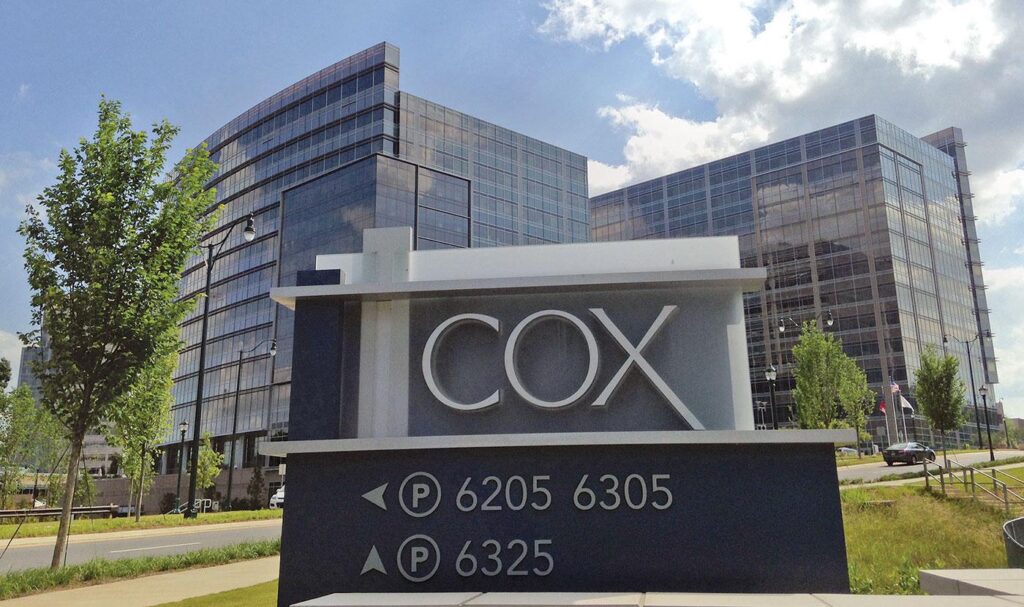Data companies using deceptive billing practices to fleece customers isn’t new. A new trend that is fast catching up with data service providers is using data caps to rake in additional charges, thereby, increasing prices on the sly without the users really noticing the change.
For instance, Cox Communications has over the past few months implemented a one-terabyte usage cap in a majority of US states it caters to. After converting its unlimited service plan to a metered one, the company has now introduced an add-on unlimited broadband plan, available at an additional cost of $50. So, basically, Cox has tweaked its service plans in a manner that customers now have to pay $50 extra to avail the benefits of unlimited usage that was available as the standard service less than a year ago.
Cox, however is not alone. Service providers like Comcast and AT&T are also following the 1 TB data cap model to increase margins. Then there are providers like Suddenlink and CenturyLink with far less generous data caps, in the range of 250 to 600 GB.
The service providers maintain that the policy is fair by every measure. According to them, 1 TB data cap is rather generous and there is a very small section of users who actually end up exhausting this data limit at the end of a month. And if a user is using more data than others, shouldn’t they be prepared to shell out extra money for it too? Well, that sounds fair enough on the face of it. But do the same norms apply to users whose data usage is abysmally low? Do companies have a price cut for customers who meet a certain base level of low usage?
T-Mobile has such a policy in place for its unlimited mobile data plans. The company offers a $10 ‘kickback’ to users with a data usage of less than 2GB in a month. However, cases like T-Mobile are few and far in between. The standard practice is to charge different amounts of money from different users as long as it contributes toward increasing profit margins, quarter by quarter.
In the present scenario, a 1 TB data cap can seem like a generous proposition to most users. However, statistics indicate otherwise. Data usage has increased by a staggering 56,277 per cent in the last decade and a half. While the average data usage was 9GB a month in 2009, figures for 2016 stand at nearly 190 GB per household.
It may not be long before the average user starts running out of 1 TB data before the end of the month and may need to sign up for add-on packages. By then, the extra cost for unlimited data will have been normalized and users won’t feel cheated having to shell out that extra $50 to keep their data plans brimming.
Source: ArsTechnica


